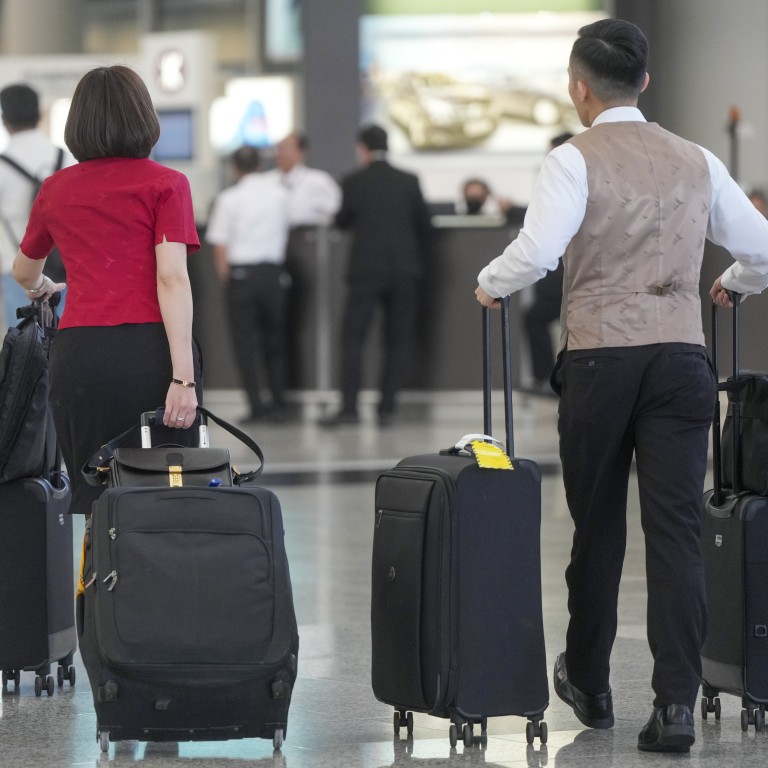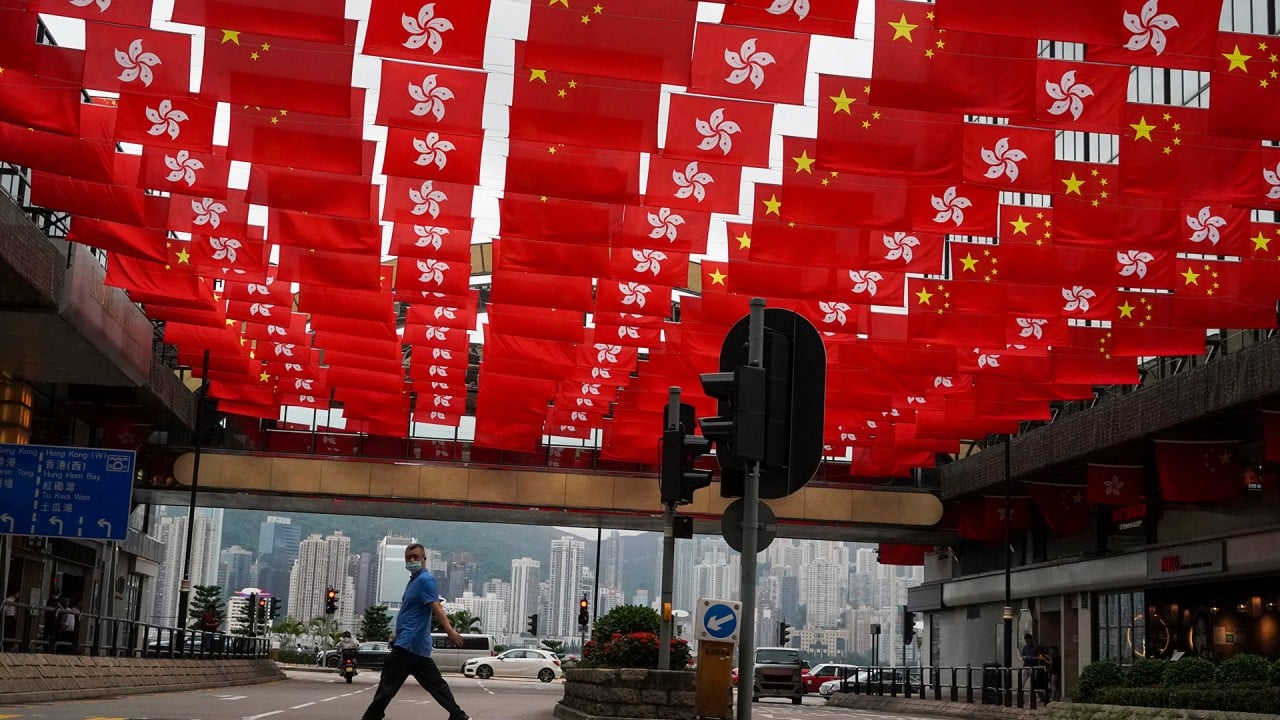
Treating poor service on Cathay Pacific flight as a language issue ignores the real problem
- The better treatment afforded to people who speak English is a reflection of a nationalist complex whereby Chinese people’s belief in their cultural superiority is entangled with a need for Western affirmation
- For some Hongkongers, this is complicated by a sense of superiority over mainlanders
Years ago, I watched a Chinese comedian’s monologue on her experience of flying on a Chinese airline. It was about a flight attendant who had a different attitude towards English-speaking foreigners and Mandarin-speaking fellow citizens. She was very courteous to the former, but much less so to the latter. Of course, the comedian taught her a lesson.
Like the audience in the video, I laughed. We instantly recognised the sad reality that many Chinese people deem English superior to Mandarin, and that people who speak English receive better treatment.
This contradiction has continued to ferment in recent decades, as China has tried to catch up with the West and reposition itself as a regional power. While China has had stellar achievements, it still lags behind in key areas.
The result of this complex is that Chinese people want to be recognised by, and aligned with, the West. Since English is the predominant language of the Western powers, good English-language skills are a natural indicator of this alignment. But, at the same time, bowing to the West is considered disgraceful and people who overtly display this tendency are seen as deserving of punishment. So the flight attendant in the comedian’s story had to be taught some manners.
This attitude of superiority is tied to Hong Kong’s history and a belief that more than 150 years of British rule made Hong Kong a better place than the mainland. This opinion, that being colonised is a favourable factor, is not unique to Hong Kong.
Possibly its most bizarre expression came from Ko Wen-je in a 2015 interview with Foreign Policy magazine. As the newly elected mayor of Taipei, Ko said that, for the four main Chinese-speaking parts of the world, the longer the history of colonisation, the more progressive the place tended to be.
Three cabin crew members were promptly fired. But this is not a funny story told by a comedian. Three real people lost their jobs. Their behaviour was inappropriate but punishing them so severely makes them and the passengers they mocked victims of the Chinese nationalist complex.
Legal action won’t tackle roots of anti-mainland sentiment in Hong Kong
Cathay understandably wants to improve its public image and win the hearts of mainland customers. But this is not a language problem per se and Mandarin proficiency is not the barrier. Since 1997, most Hongkongers have learned Mandarin at school. Cathay also provides its employees with Mandarin training.
Treating the episode on the Cathay flight as a language problem turns a blind eye to the real cause of friction between Hongkongers and mainlanders. Simply recruiting from the mainland will only lead to more tension and problems.
What we need is for all Chinese people, including Hongkongers, to overcome this negative emotional undercurrent. We need to have a better understanding of ourselves, our strengths and weaknesses, and also the West’s strengths and weaknesses, to ultimately become more tolerant.
It won’t be easy. A good start might be to bring back the three cabin crew members. They have learned their lesson.
April Zhang is the founder of MSL Master and the author of the Mandarin Express textbook series and the Chinese Reading and Writing textbook series



